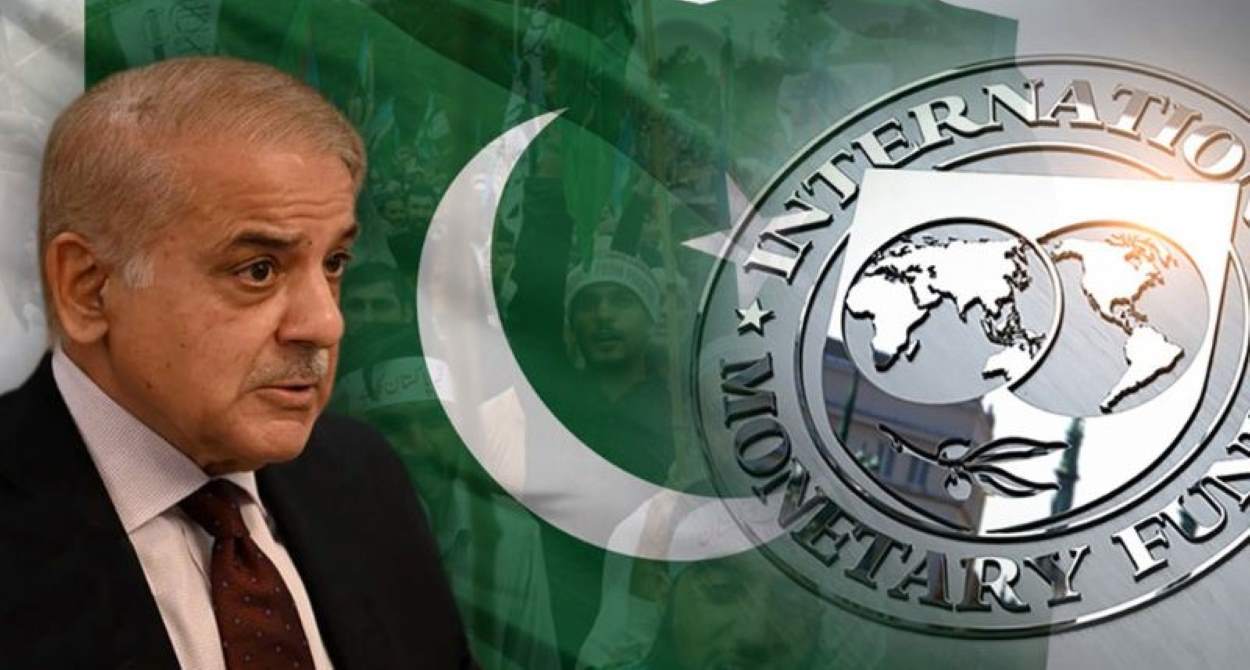On May 17, 2025, the International Monetary Fund (IMF) outlined 11 new conditions for Pakistan’s $7 billion loan under the Extended Fund Facility (EFF), bringing the total to 50, per its Staff Level report. These include approving a Rs17.6 trillion federal budget for fiscal year 2025-26 by June 2025, with Rs1.07 trillion for development and Rs8.7 trillion for interest, targeting a Rs2.1 trillion primary surplus and Rs6.6 trillion deficit.
The IMF noted that rising tensions with India, following an unverified April 22 attack in Pahalgam, could threaten fiscal and reform goals. However, market reactions remain modest, with stable stock gains, per the report. Pakistan denies India’s accusations of involvement, while claims of Indian aggression lack independent confirmation, per Dawn.
Key Reforms
The conditions mandate:
- Parliamentary Approval: Secure budget approval, aligning with IMF targets by June 2025.
- Energy Sector: Notify annual electricity tariff rebasing by July 1, semi-annual gas tariff adjustments by February 15, 2026, and remove the Rs3.21/unit debt service surcharge cap by June 2025.
- Agriculture Income Tax: Provinces will implement new tax laws with operational platforms by June 2025.
- Used Car Imports: To liberalise trade, restrictions on importing used vehicles over three years old (initially up to five years) will be lifted by July 2025.
- Governance: Publish a governance action plan based on IMF’s Diagnostic Assessment.
- Financial Strategy: Outline a post-2027 financial sector strategy by year-end.
The IMF projects a Rs2.414 trillion defence budget, up 12% from last year, though the government plans over Rs2.5 trillion, an 18% increase, citing regional tensions. The electricity surcharge hike is burdensome, reflecting public concern, though unverified.
Read: Pakistan’s 2025-26 Budget: Rs20 Trillion Outlay Set for June 2
Pakistan met seven quantitative performance criteria for December 2024, including net international reserves and primary budget deficit, but missed targets on health, education, and retailer tax revenues, per the IMF. Structural benchmarks on agricultural income tax and other reforms were delayed but partially met by February 2025.
Read: Pakistan’s Diplomatic Offensive: Bilawal Bhutto-Zardari to Lead Global Outreach
The IMF’s conditions, including trade liberalisation and energy reforms, aim to stabilise Pakistan’s economy amid a projected $8.6 billion quantum computing market by 2027, though unrelated to budget talks, per Gartner. Pakistan’s diplomatic efforts, led by Bilawal Bhutto-Zardari, counter India’s narratives, adding complexity to fiscal goals.






